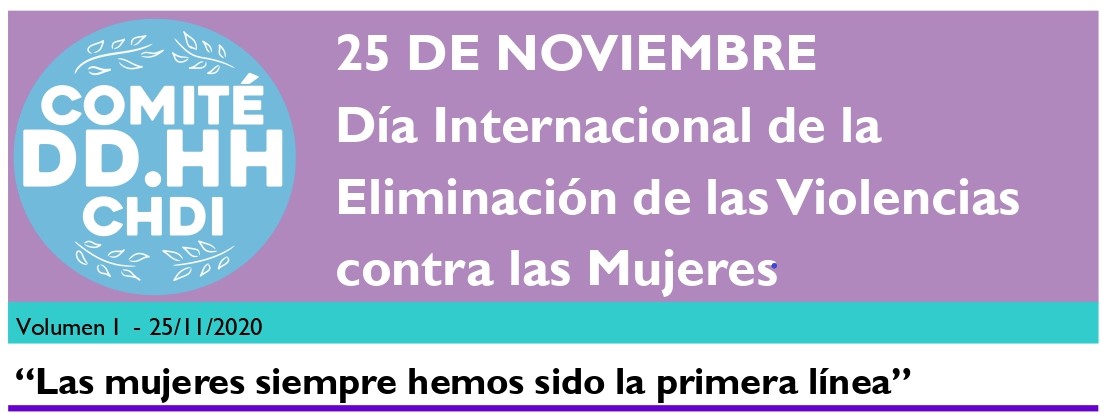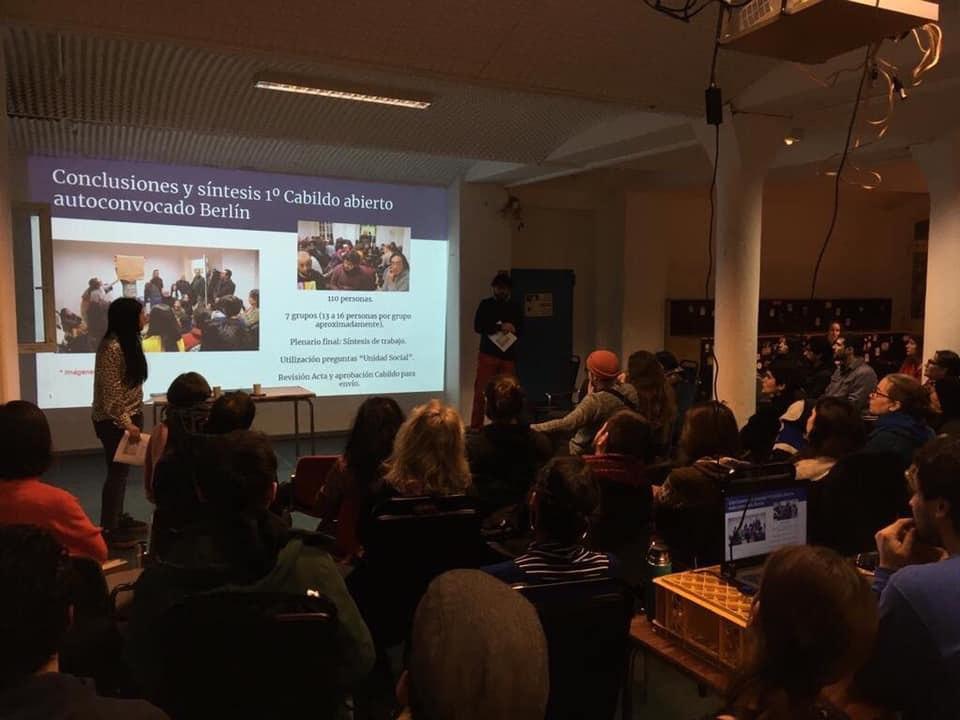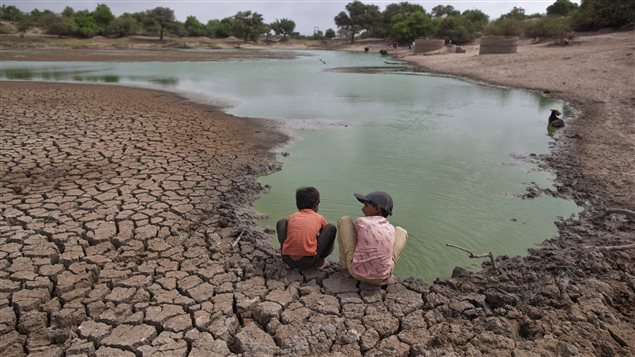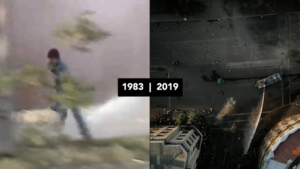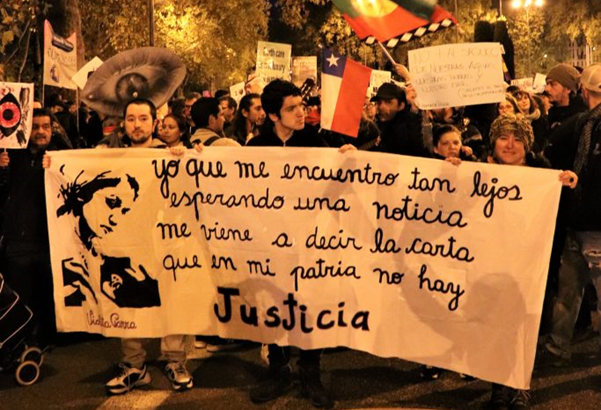
All it took was for the government of Chile, 12 days after the beginning of the popular uprising, to communicate its inability to hold the COP25 in Chile and the decision of the UN, the next day, to move the event to Madrid so that Chileans from Chile Despertó Internacional (ChDI) living in Europe could begin the preparations to have presence at COP25 that took place during the first week of December 2019 in the capital of Spain.
February 13, 2020
Dani (Barcelona) & Leo (Berlín)
Background
The Conference of the Parties (COP) of the United Nations Framework Convention on Climate Change is an annual meeting where government representatives of the participating States try to generate agreements and channel efforts to mitigate the effects of human action on climate change, mainly to set quotas for reducing CO2 emissions.
Parallel to the COP, as a social response, the Social Summit for Climate (SSC) is held, convened by groups such as: Fridays for Future, Climate Alliance, Extinction Rebellion, among others. During a week, several talks and workshops are held around six main axes 1) planetary limits and climate emergency, 2) economic and financial power, 3) social, environmental and economic justice, 4) political systems and institutionality, 5) intersectionality and 6) alternative actions. Read more
 The work of the Human Rights Committee of the Chile Woke Up International Network has no rest, for this reason they launch their third bulletin, dedicated to violence against the Mapuche communities.
The work of the Human Rights Committee of the Chile Woke Up International Network has no rest, for this reason they launch their third bulletin, dedicated to violence against the Mapuche communities.
